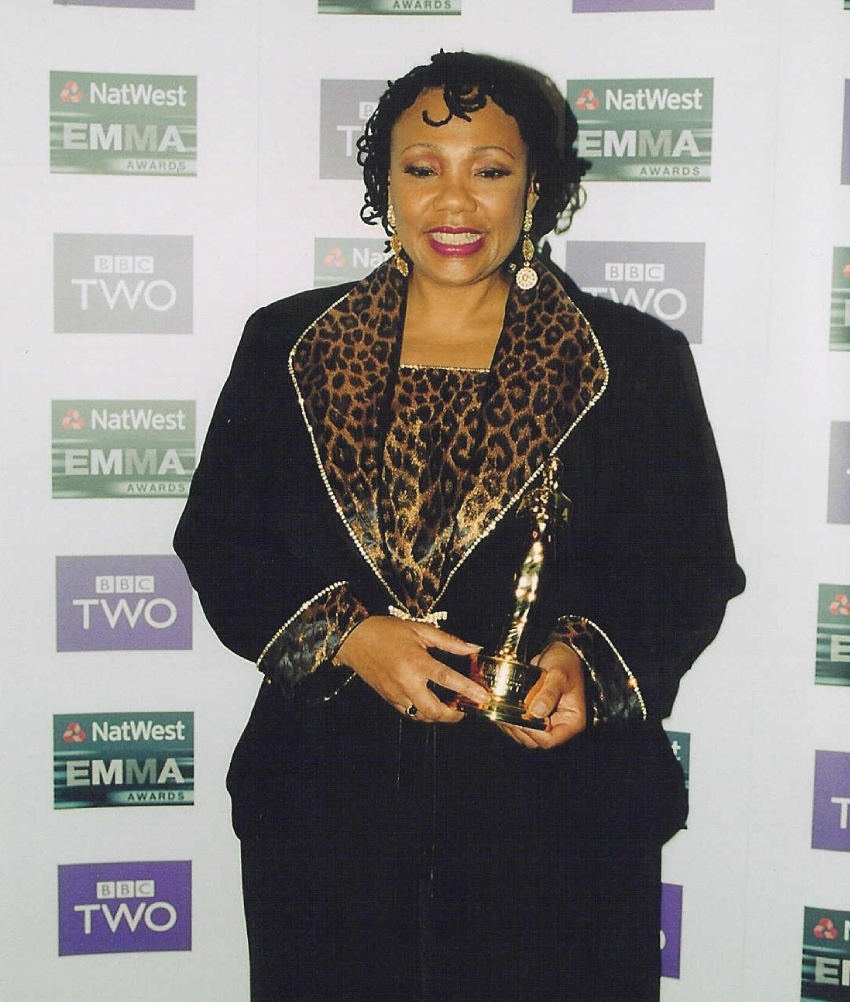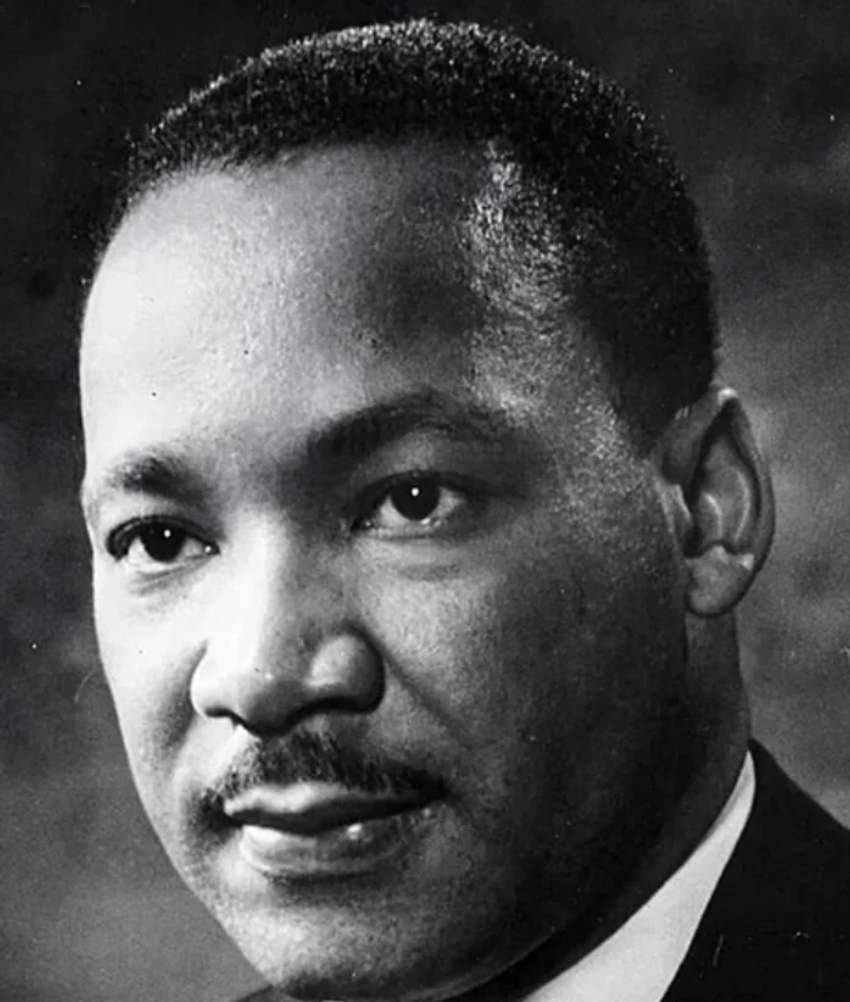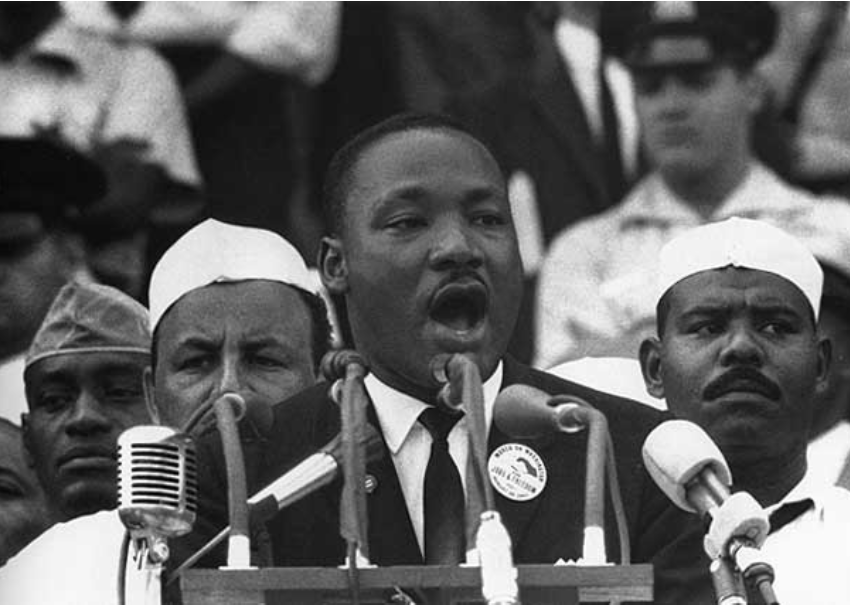Martin Luther King Jr.



Since the EMMA Award Acknowledgement (Legacy)
Martin Luther King Jr. (15th January 1929 – 4th April 1968) was an American activist, Baptist minister, and political campaigner whose life impacted race relations in the US and worldwide.
Even after his death, he is still the most widely known Afro-American leader of his era. Many schools and public buildings have been named after him, and a national memorial to him was opened to the public on 22nd August 2011 at West Potomac Park in Washington, D.C., in the US.
The film Selma, based on the 1965 Selma to Montgomery voting rights marches, was released in 2014. David Oyelowo starred as Martin Luther King Jr.
Over the years, extensive archival studies have led to a more balanced and comprehensive assessment of Martin Luther King Jr.’s life. Martin Luther King Jr. is portrayed as a leader of this mass movement and a visionary leader who was deeply committed to achieving social justice through nonviolent means.
His work and words inspire people to stand for racial equality and nonviolence today, and his legacy has motivated people worldwide to stand for equal justice and educational rights.
Background (Before 2003)
Martin Luther King Jr. was born in Atlanta, Georgia, to a baptist pastor and missionary father and a choir director mother. He attended Booker T. Washington High School, where he was said to be a precocious student and skipped both the ninth and eleventh grades.
After being accepted at several colleges for his doctoral study, he enrolled at Boston University.
In 1954, he became pastor of the Dexter Avenue Baptist Church of Montgomery, Alabama. He then completed his doctorate and earned his degree in 1955. Led by his religious convictions and philosophy of nonviolence, Luther King Jr. became one of the most prominent figures of the Civil Rights Movement.
Dr King played key roles in several major demonstrations that transformed society for years. These included the Montgomery Bus Boycott, which integrated Alabama’s public transit, the March on Washington, which led to the passage of the 1964 Civil Rights Act, and the Selma-to-Montgomery marches in Alabama, which culminated in the 1965 Voting Rights Act.
Dr. King’s valiant efforts earned him the Nobel Peace Prize in 1964. He also delivered several acclaimed addresses, including his iconic “I Have a Dream” and “I’ve Been to the Mountaintop” speeches.
Dr King was awarded the NAACP Medal in 1957 and the American Liberties Medallion by the American Jewish Committee in 1965.
From late 1965 to 1967, Dr King expanded his civil rights efforts into other larger American cities including Chicago and Los Angeles.
In the spring of 1968, a labor strike by sanitation workers in Memphis, Tennessee, drew him to one last crusade alongside his opposition to the Vietnam War.
Sadly, Dr Martin Luther King Jr. was murdered by a sniper’s bullet on 4th April 1968. He passed away at the age of 39, and his shocking assassination led to riots and demonstrations in more than 100 cities across the US.
After his death, he was posthumously awarded the Presidential Medal of Freedom in 1977 and the Congressional Gold Medal in 1994.
Dr. King has also been honored with a national holiday in the United States named “Martin Luther King Jr. Day”, which has taken place on the third Monday of January each year since 1986.
Martin Luther King Jr’s Legacy honour was received by Yolanda King, his eldest daughter


































